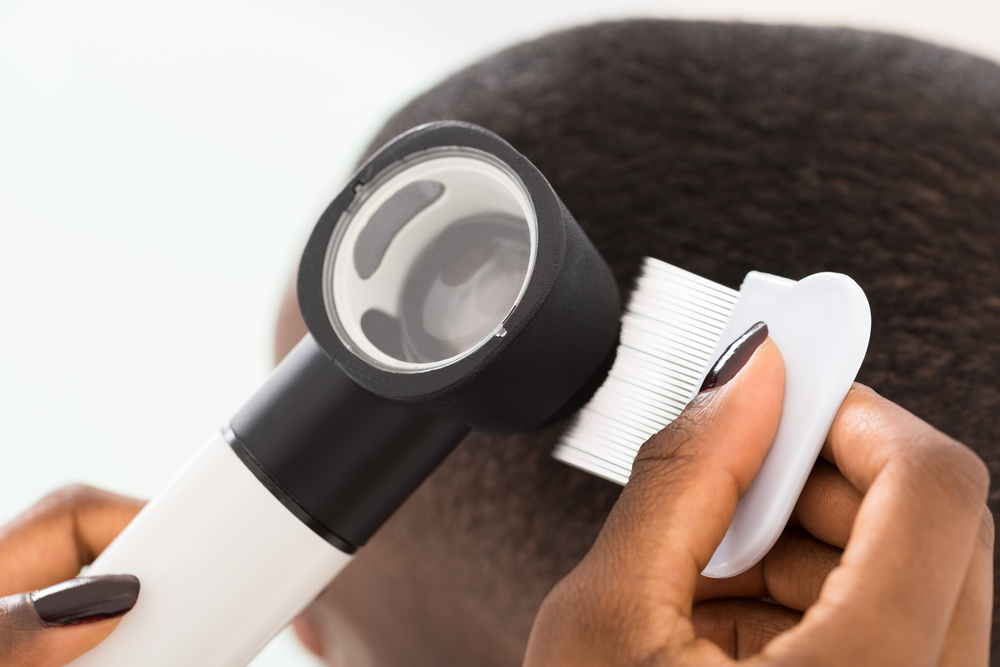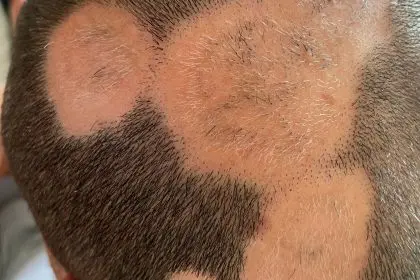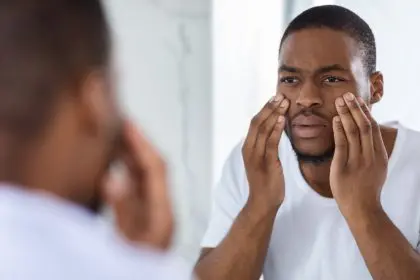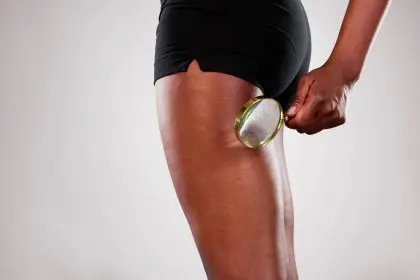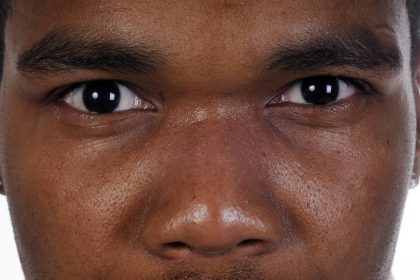Hair loss affects millions worldwide, impacting both self-esteem and confidence. While conventional treatments like transplants and medications remain popular, innovative solutions now offer fresh hope for those seeking alternatives. Recent advances in technology and natural medicine have expanded the range of effective treatments available.
Understanding the foundations
Hair loss stems from various factors, including genetics, hormonal changes, and lifestyle influences. Medical experts emphasize the importance of proper diagnosis through dermatologists or trichologists to identify root causes. This understanding helps target treatments more effectively, improving outcomes for patients seeking solutions.
Nutrient deficiencies often contribute significantly to hair loss. A balanced diet rich in biotin, zinc, iron, and omega-3 fatty acids supports healthy hair growth. Foods like salmon, eggs, leafy greens, and nuts provide essential nutrients that strengthen hair follicles and promote growth.
Advanced therapeutic approaches
Modern science has introduced several innovative treatments that show promising results. Low-Level Laser Therapy (LLLT) devices, available as caps or combs, use specialized light wavelengths to stimulate follicle activity. These FDA-approved devices offer convenient at-home treatment options for busy individuals.
Platelet-Rich Plasma (PRP) therapy represents another significant advancement. This treatment harvests healing factors from the patient’s blood to stimulate natural hair growth. Medical professionals report that consistent PRP treatments often yield visible improvements within several months.
Natural enhancement methods
Scalp care plays a crucial role in hair health. Regular massage with essential oils like rosemary, peppermint, or lavender improves blood circulation to hair follicles. Research indicates these natural oils contain compounds that may stimulate growth while providing therapeutic benefits to the scalp.
Ayurvedic treatments offer time-tested solutions for hair loss. Ingredients such as amla, bhringraj, and fenugreek strengthen hair roots and reduce shedding. These natural remedies provide affordable, environmentally conscious options for those preferring holistic approaches.
Lifestyle modifications
Stress management significantly impacts hair health. Medical research links chronic stress to various forms of hair loss. Practices such as meditation, yoga, and mindfulness not only reduce stress levels but also promote overall well-being, contributing to healthier hair growth patterns.
Quality sleep proves essential for hair regeneration. During deep sleep, the body repairs and rejuvenates hair follicles. Sleep specialists recommend seven to eight hours nightly, suggesting silk pillowcases to minimize friction and breakage during rest.
Cosmetic innovations
Immediate solutions include advanced hair fibers and toppers. Modern hair fibers, composed of keratin, attach electrostatically to existing hair, creating natural-looking fullness. High-quality toppers offer seamless coverage for thinning areas, matching natural hair color and texture perfectly.
Scalp micropigmentation provides a more permanent cosmetic solution. This specialized tattooing technique creates the appearance of hair follicles on the scalp. The treatment particularly benefits those with significant hair loss who prefer the aesthetic of a closely shaved head.
Technology-driven solutions
Artificial intelligence now plays a significant role in hair loss treatment. AI-powered platforms analyze individual factors including scalp condition, genetic predisposition, and overall hair health to recommend personalized treatment plans. This targeted approach often yields better results than generic solutions.
Recent research highlights the importance of the scalp microbiome in hair health. New products focus on balancing beneficial and harmful bacteria on the scalp. These scientifically formulated treatments address underlying causes of hair loss while promoting optimal scalp conditions for growth.
Long-term management
Successful hair restoration requires consistent effort and patience. Medical professionals recommend combining multiple approaches for optimal results. Regular monitoring allows for adjustment of treatment plans as needs change and new solutions emerge.
The future of hair loss treatment continues to evolve with ongoing research and technological advancement. From microbiome-based therapies to artificial intelligence applications, new solutions offer hope for those seeking alternatives to traditional treatments.
Essential oils continue gaining recognition for their therapeutic benefits. Tea tree and cedarwood oils combat common scalp conditions that contribute to hair loss. When properly diluted and regularly applied, these natural remedies can improve both hair texture and density over time.
This new era of hair loss solutions provides more options than ever before. By combining innovative treatments with lifestyle modifications, individuals can develop effective strategies for maintaining and restoring healthy hair growth. Success often comes from a comprehensive approach that addresses both immediate concerns and long-term hair health goals.
This story was created using AI technology.

